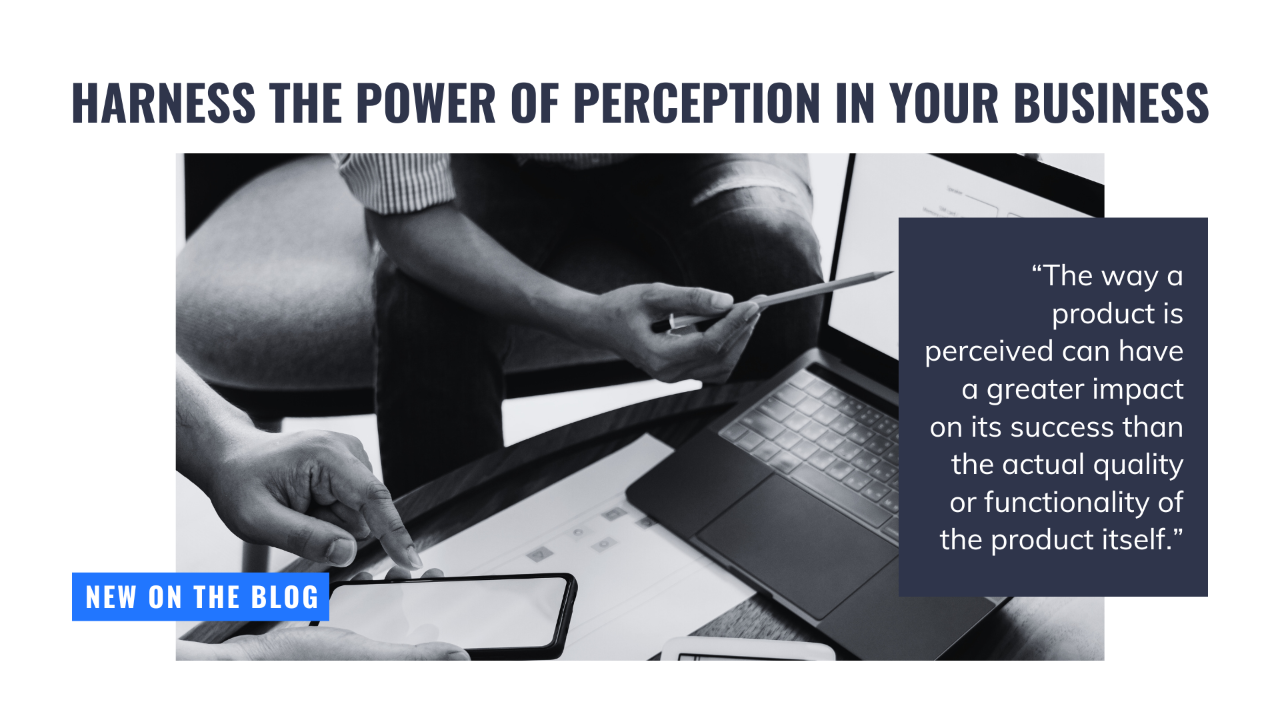Belief Shapes Reality
It’s often said that perception is reality, but few understand just how powerful this concept is in the world of business. The way a product is perceived can have a greater impact on its success than the actual quality or functionality of the product itself. This phenomenon, where belief creates reality, has far-reaching implications for how businesses market and sell their products.
Consider how a luxury product is perceived compared to a more affordable one. Often, the perception of quality is tied not to the actual performance of the product, but to its price, branding, and presentation. This is why two identical products can be received very differently depending on how they are packaged and priced. The power of perception is such that it can even create a tangible difference in the user experience, simply because the customer believes they are getting something superior.
So how can a business harness this power of perception? It starts with understanding that customers don’t just buy products—they buy the experience, the story, and the status that comes with them. By carefully crafting the presentation, packaging, and overall brand narrative, businesses can influence how their products are perceived. For example, investing in high-quality packaging, even for a relatively simple product, can elevate its perceived value in the eyes of the consumer.
However, it’s important to use the power of perception responsibly. There’s a fine line between enhancing the customer experience through perception and misleading them. The key is to ensure that the perception you create enhances the real value of the product, rather than masking its shortcomings. When done correctly, this approach can build long-term trust and loyalty with your customers.
Red Bull is an excellent example of how perception can shape reality. When Red Bull first launched, it didn’t have the market edge in taste or price—it was more expensive and, to some, less palatable than other energy drinks. Yet, Red Bull managed to dominate the market through clever branding and marketing that created a powerful perception of the product.
Red Bull positioned itself as a premium energy drink that gives you wings —both metaphorically and literally— by sponsoring extreme sports, high-energy events, and adventurous activities. This branding created a perception that Red Bull was more than just a drink; it was a lifestyle choice that aligned with boldness, energy, and excitement.
Prompt 21.1: How can your business harness this power of perception?
Prompt 21.2: Start a discussion forum in your company, per product, and take your existing products and ask how you could leverage them into a higher value market level?

